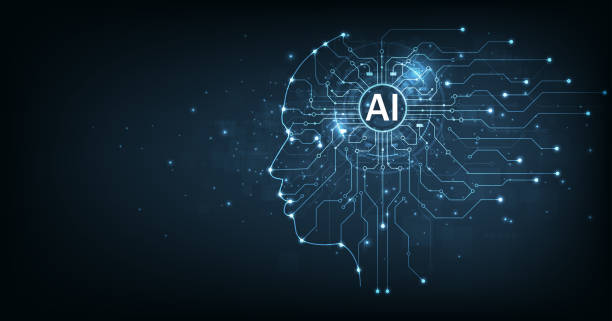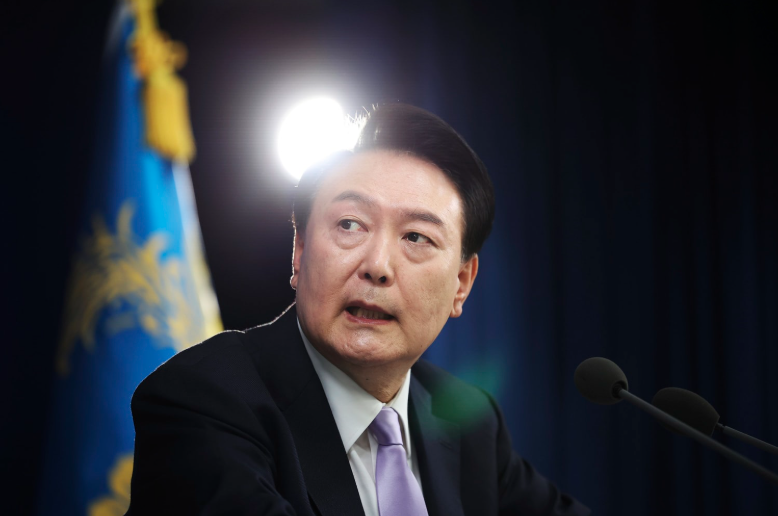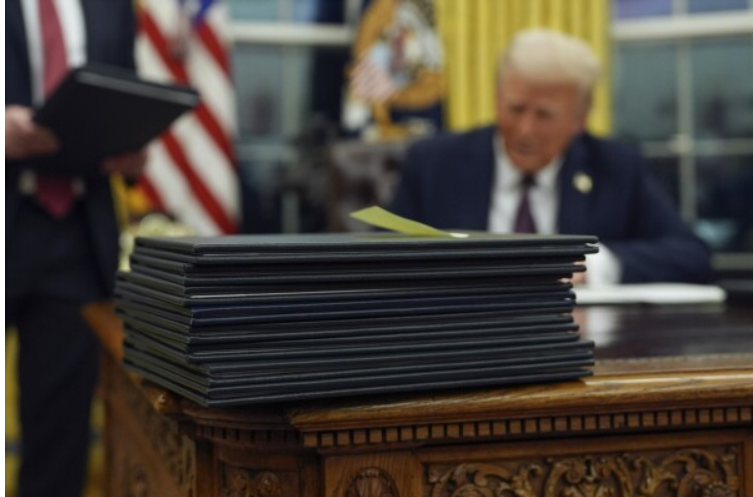Artificial Intelligence or AI is rising to become part of everyday life. AI can be seen in multiple forms, well known types including ChatGPT, AI Art, as well as AI Assistants among other things. Where we used to only see Artificial intelligence on video games, we now see it every day on apps, documents, and on the internet. These forms of AI come with no shortage of controversy.
AI Art
Art is defined as “The expression or application of human creative skill and imagination,”. Art is personal, and many artists see their art as an extension of themselves. This emphasis on human creativity and imagination has been a cornerstone in the art world for as long as we can remember, but now AI is redefining “art” for better or for worse.
One thing to understand about AI is that programmers feed AI’s information for it to learn, through a process called machine learning. Art AI’s specifically are learning from real art, that was created by humans and 9 times out of 10 isn’t public domain. These AI models rely on human creation in order to learn, and in this case rely on feeding off of human artists.
Mass-produced AI art is seen all over the internet now, and there is one example specifically where the use of AI art got out of hand.
In Pokemon’s 2024 art contest, there were originally about 10,000 entries. When the list of the 300 finalists came out, contestants noticed multiple art pieces that had an almost identical style as well as the same initials under the artist name. They brought this up to the judges, and after further inspection from the judges the AI art was disqualified and artists were given their rightful spots as finalists. This was a close call though, and many artists almost missed out on a possibly career-changing opportunity.
Another famous example of AI creating problems across the internet was only a month ago, when there was an AI poster posted online of Taylor Swift endorsing former President Donald Trump for the 2024 Presidential Election. This caused discourse across the country, and Swift eventually had to publicly announce that she was voting for current Vice President Kamala Harris in the upcoming election to clear up any confusion.
AI Assistants
Besides AI Art, another popular form of Artificial Intelligence is AI assistants. These assistants are generative AI models that are generally meant to help you during work or while writing something. Most of these assistants have bad reviews, with many users saying that they make the app’s experience worse, or are just a nuisance. One example of this is Google’s Gemini, which shows AI generated answers to searches rather than giving an actual source.
Possibly the biggest failure of an AI assistant is Microsoft’s “Copilot” and “Recall”. Copilot was essentially an Artificial Intelligence designed to take screenshots every couple of seconds of someone’s browser. This was designed so they could look back at the screenshots the AI took and different tabs they had visited earlier, acting as a search history.
This didn’t come without problems. These screenshots paid no mind to private information, such as a Social Security number, Banking records, and passwords among other sensitive information.
While these screenshots stay on the computer and aren’t sent anywhere, it is still a huge concern for privacy and safety. If a hacker were to get into the programming, so much personal information can be stolen and sold illegally. Not to mention the program got hacked before it even launched, which is disconcerting.
Why does this matter?
So why is AI content “bad”? As stated earlier, AI is trained on real art. Most of this art is copyrighted, which raises questions concerning theft of art and copyright in general. Some apps use AI to create “paintings” that can be tailored to strongly resemble an independent artist’s style, but cost much less than buying a piece from the artist themself. This can take money and income away from artists because of corporate greed, which is arguably unethical.
AI doesn’t just feed off of art, it also feeds off of news articles and other writing. This can include transcribed Youtube videos, which again raises questions on fair use and if this is theft.
AI also has an environmental effect. While users may only see AI on their computers or phones, AI takes up physical space in the world. It takes up plastic, metal, and emits carbon just like any other machine. AI search assistants, unlike normal search engines, take up an immense amount of energy.
Some scientists estimate that AI models use about five times the amount of energy as a normal search engine. For example, ChatGPT uses the energy equivalent of 180,000 US households every day.
Is there any way to help this issue from progressing? Unfortunately there is currently no legislation regarding Artificial Intelligence, and may not be for years. The only thing we can do is try our best to choose sustainable search engines and AI’s.






